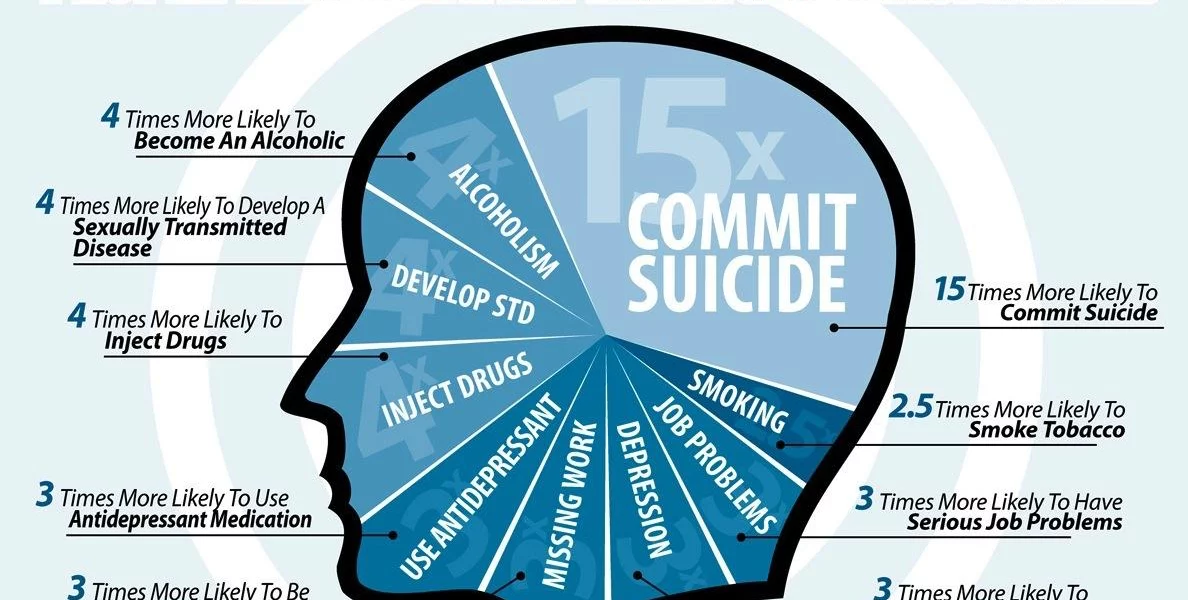Trauma-Informed Care Healing and Empowering
Trauma-informed care is an approach to treatment that recognizes the prevalence of trauma and its impact on individuals. It involves creating a safe and supportive environment that minimizes re-traumatization and promotes healing.
Understanding Trauma
Trauma is a deeply distressing or disturbing experience that can have lasting effects on mental and emotional health. It can be caused by various factors, including physical or sexual abuse, neglect, accidents, natural disasters, or witnessing violence.
Principles of Trauma-Informed Care
- Safety: Creating a safe and stable environment where individuals feel safe and supported.
- Trustworthiness: Building trust through consistent, reliable, and respectful interactions.
- Choice, Empowerment, and Collaboration: Empowering individuals to make choices and participate in their own care.
- Trauma Awareness: Educating staff about the impact of trauma and incorporating trauma-informed practices into all aspects of care.
Benefits of Trauma-Informed Care
- Improved Outcomes: Trauma-informed care can lead to better outcomes for individuals who have experienced trauma.
- Enhanced Therapeutic Relationships: A trauma-informed approach fosters trust and collaboration between providers and clients.
- Reduced Re-Traumatization: Trauma-informed care minimizes the risk of re-traumatization during the healing process.
- Increased Self-Efficacy: Empowering individuals to take control of their lives can boost self-esteem and resilience.
Implementing Trauma-Informed Care
- Staff Training: Provide training to all staff members on the impact of trauma, trauma-informed principles, and practical skills for working with trauma survivors.
- Policy and Procedure Development: Create policies and procedures that incorporate trauma-informed principles.
- Physical Environment: Design physical spaces that are safe, calming, and inviting.
- Therapeutic Interventions: Utilize trauma-informed therapeutic approaches, such as cognitive-behavioral therapy (CBT) and eye movement desensitization and reprocessing (EMDR).
By understanding the impact of trauma and implementing trauma-informed care practices, healthcare providers can create a more compassionate and effective healing environment for individuals who have experienced trauma.
Would you like to know more about specific trauma-informed practices or the impact of trauma on mental health?




